Context analysis and behavioural drivers and barriers
Module 2
In this module
This module contains four sessions: 1) introducing the importance of understanding social context and recognizing strengths and resiliencies of affected communities (Session 2.1), 2) identifying the drivers and barriers to the uptake of behaviours critical to the response (Session 2.2), 3) discussing rapid strategies for uncovering social determinants and other local contextual factors for understanding and overcoming vulnerabilities of specific population groups (Session 2.3), and 4) highlighting the importance of language in social science research (Session 2.4).
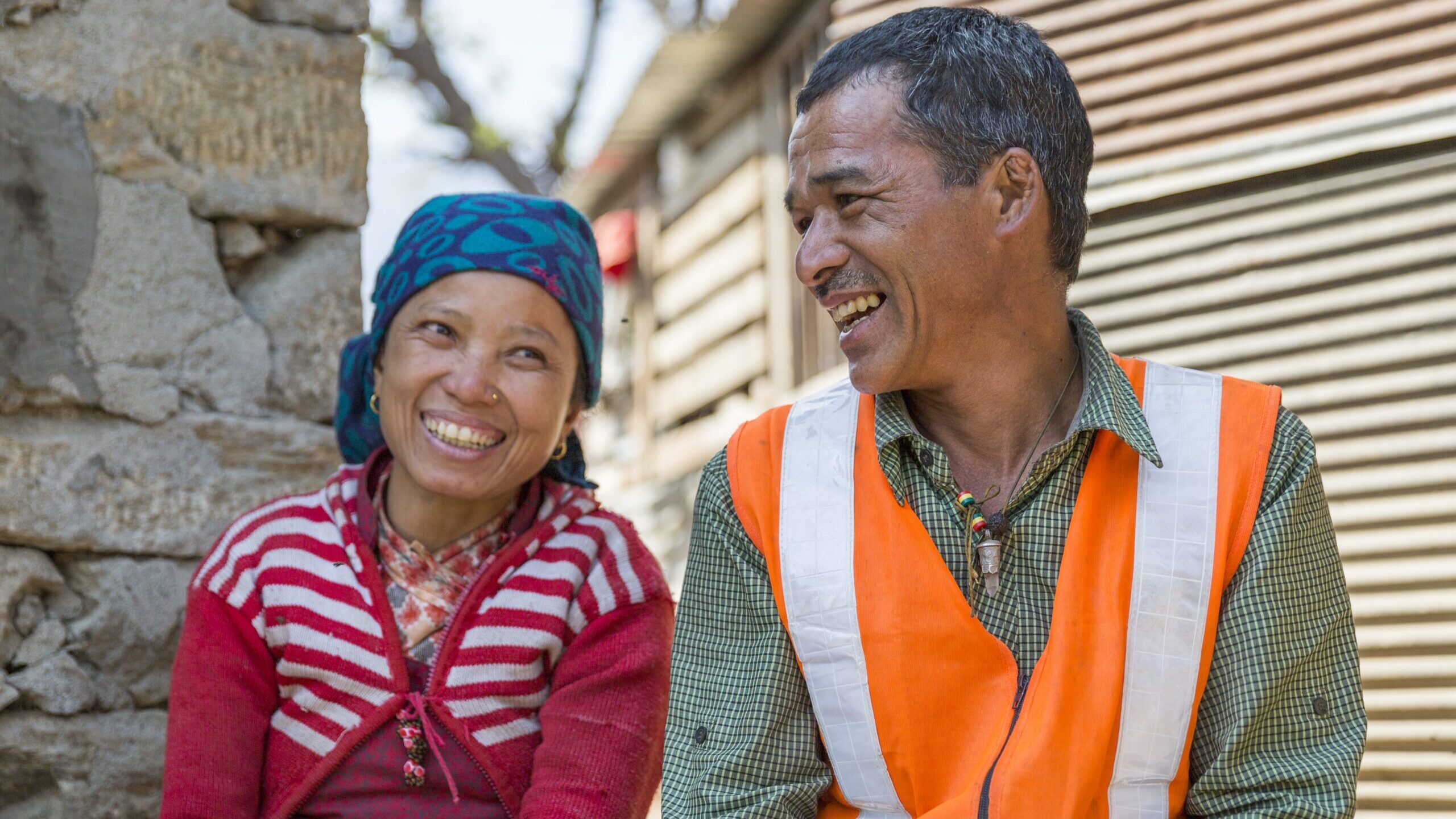
Understanding context, vulnerability and inequality in public health and humanitarian emergencies
2.1
Content
This session introduces the idea that it is important to understand broad social context in order to understand vulnerability and inequality. It also highlights the importance of recognizing the strengths and resiliencies of affected communities, to better design and implement emergency response.
Learning outcomes:
- Understand the concept of ‘vulnerability’ and how vulnerable groups are affected differently during crises
- Be familiar with how context, including the political economy and cultural and social norms, can influence vulnerability
- Recognize the value of contextual knowledge to emergency response
Duration: 100 minutes
Materials
Additional materials
Understanding behaviour in humanitarian/emergency response: Modules and theories
2.2
Content
This session discusses how to understand and identify the drivers and barriers to the uptake of behaviours critical to the response to humanitarian action.
Learning outcomes:
- Become familiar with decision-making and behavioural theories/models, e.g. Behavioural Drivers Model
Duration: 105 minutes
Materials
Additional materials
Rapid strategies to understand the political, sociocultural and economic factors that increase vulnerability
2.3
Content
This session discusses rapid strategies to establish and deepen participants’ understanding of social determinants, risk perceptions, historical, political, sociocultural and economic context to overcome vulnerabilities of specific population groups.
Learning outcomes:
- Gain familiarity with additional social science tools (e.g. Rapid Remote Context Analysis Tool, Rapid Anthropological Assessment in the Field) that can be used and adapted to identify inequalities and vulnerabilities
- Be able to initiate a rapid context analysis to identify inequalities and vulnerable groups within a specific community
- Gain familiarity with approaches to vulnerability assessment
- Know how to conduct a power analysis
Duration: 90 minutes
Materials
2.4
Understanding the importance of language in social science research
Content
This session discusses the significance of language in social science research in humanitarian action with a focus on community engagement and/or communications activities.
Learning outcomes:
- Become familiar with the basic language challenges in social science research
- Understand the risks of conducting social science research which is not language-sensitive
- Understand how social sciences can support community engagement and/or communications activities through language-sensitive research
Duration: 90 minutes
Materials
Modules
The training modules were developed to address key social science competency domains for those working in community engagement and/or communications related fields. Each module is made up of multiple sessions. Each individual session has a specific focus and learning outcome, which relates directly to the competency statement developed for each domain.

Guidance for delivering training
0
1
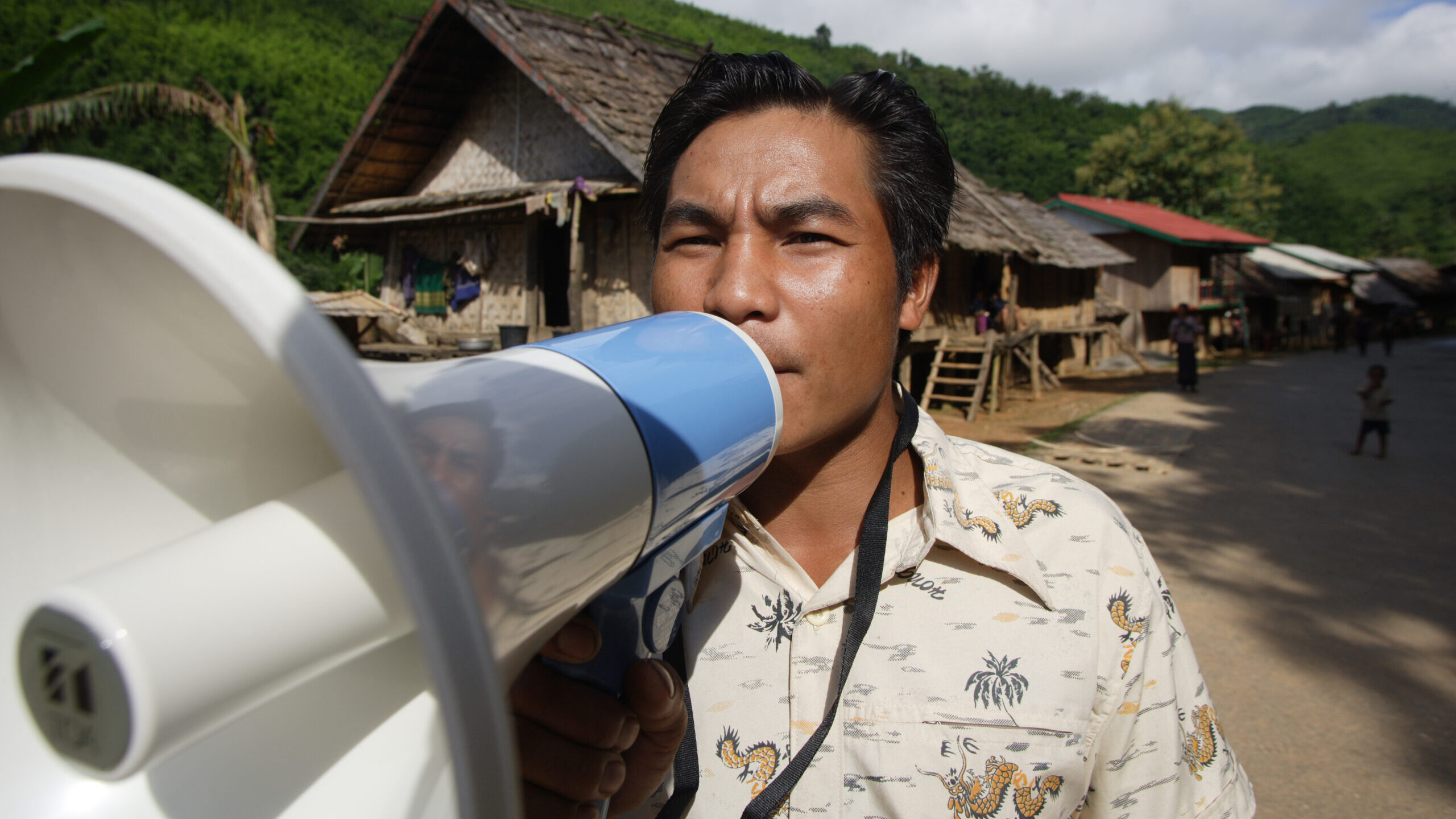
Social Science in humanitarian action and health emergencies
2

Context analysis and behavioural drivers and barriers
3
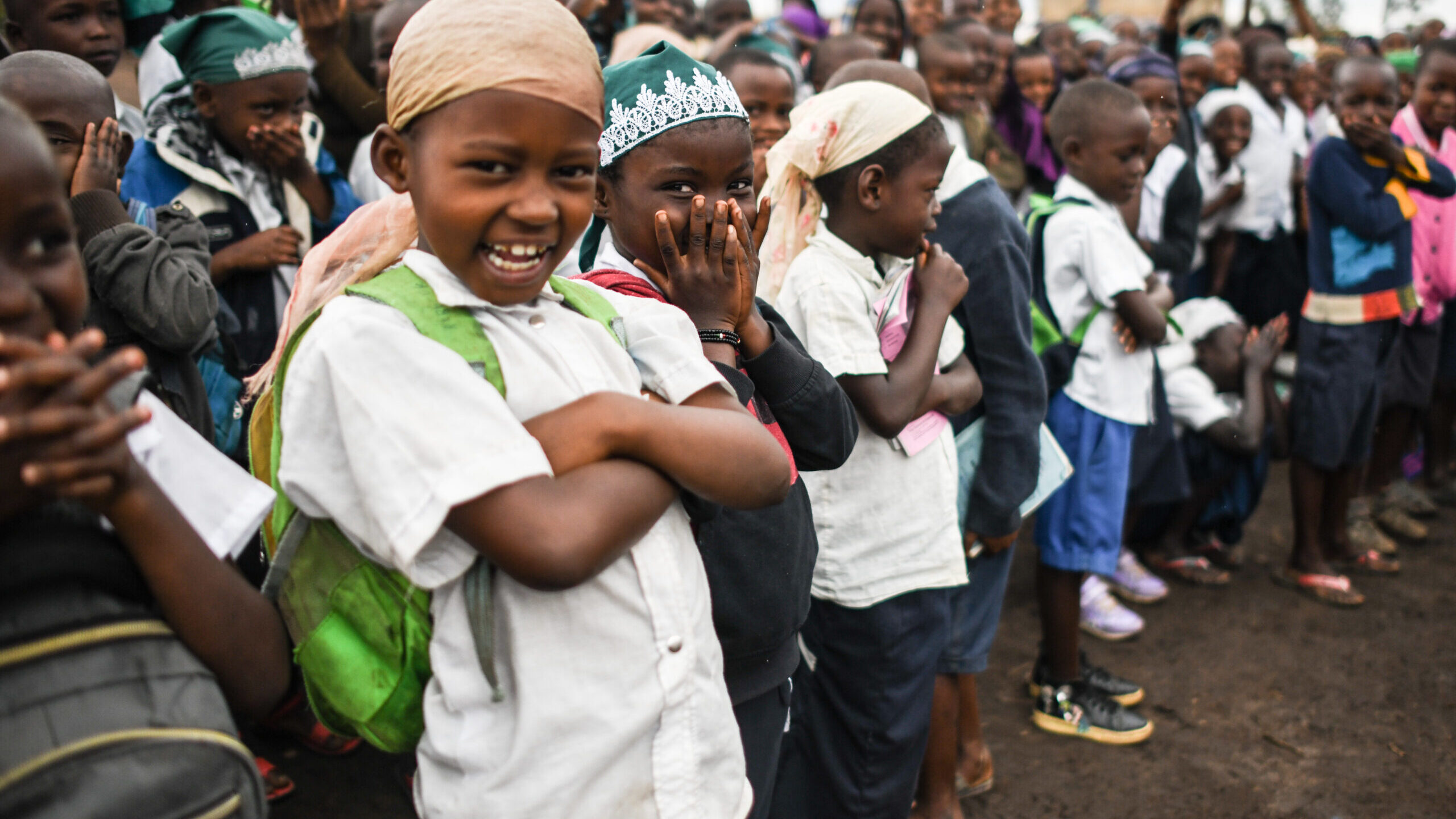
Ethics in operational research
4
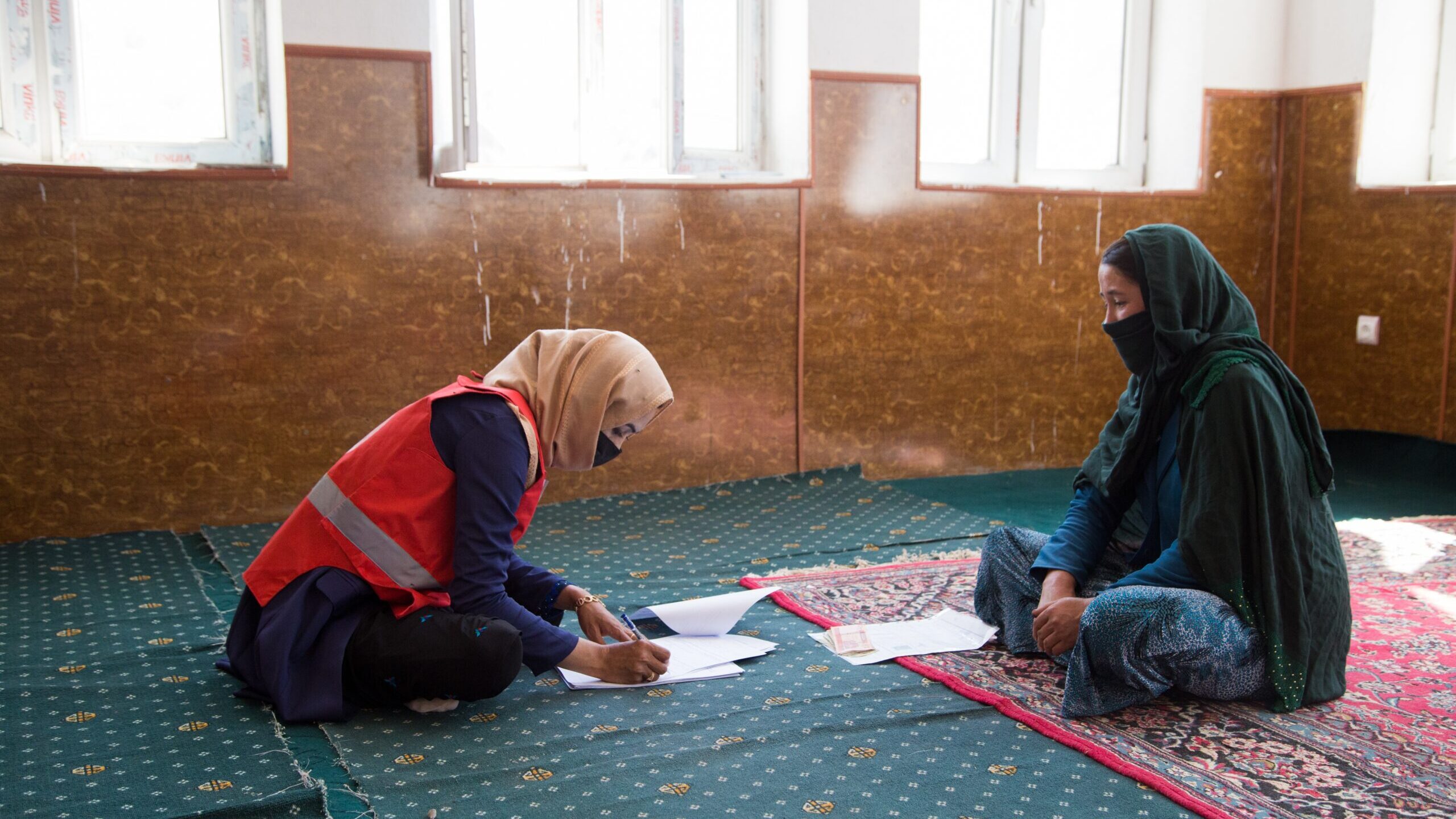
Implementation of social science research approaches
5
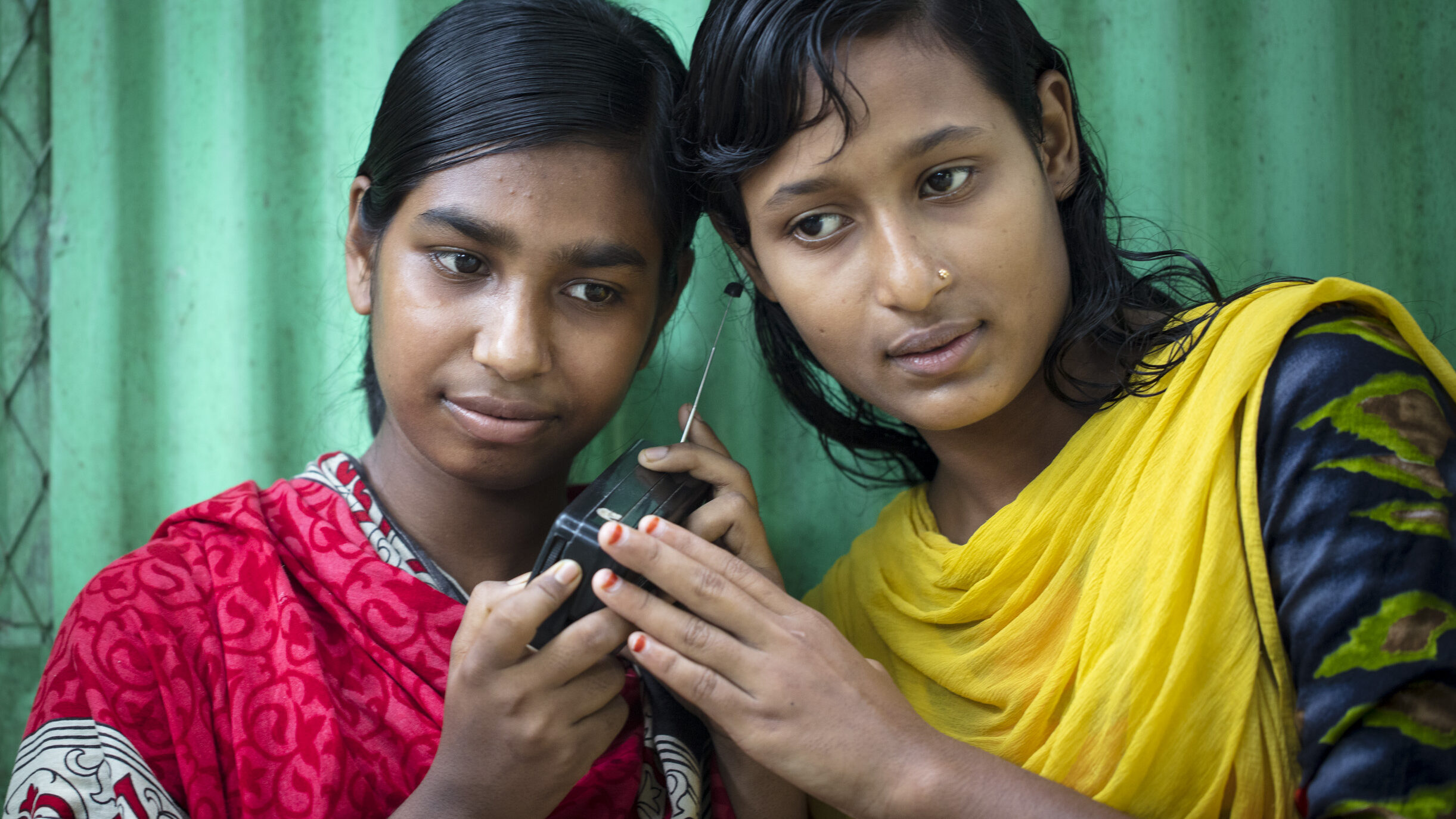
Evidence synthesis, interpretation and dissemination
6
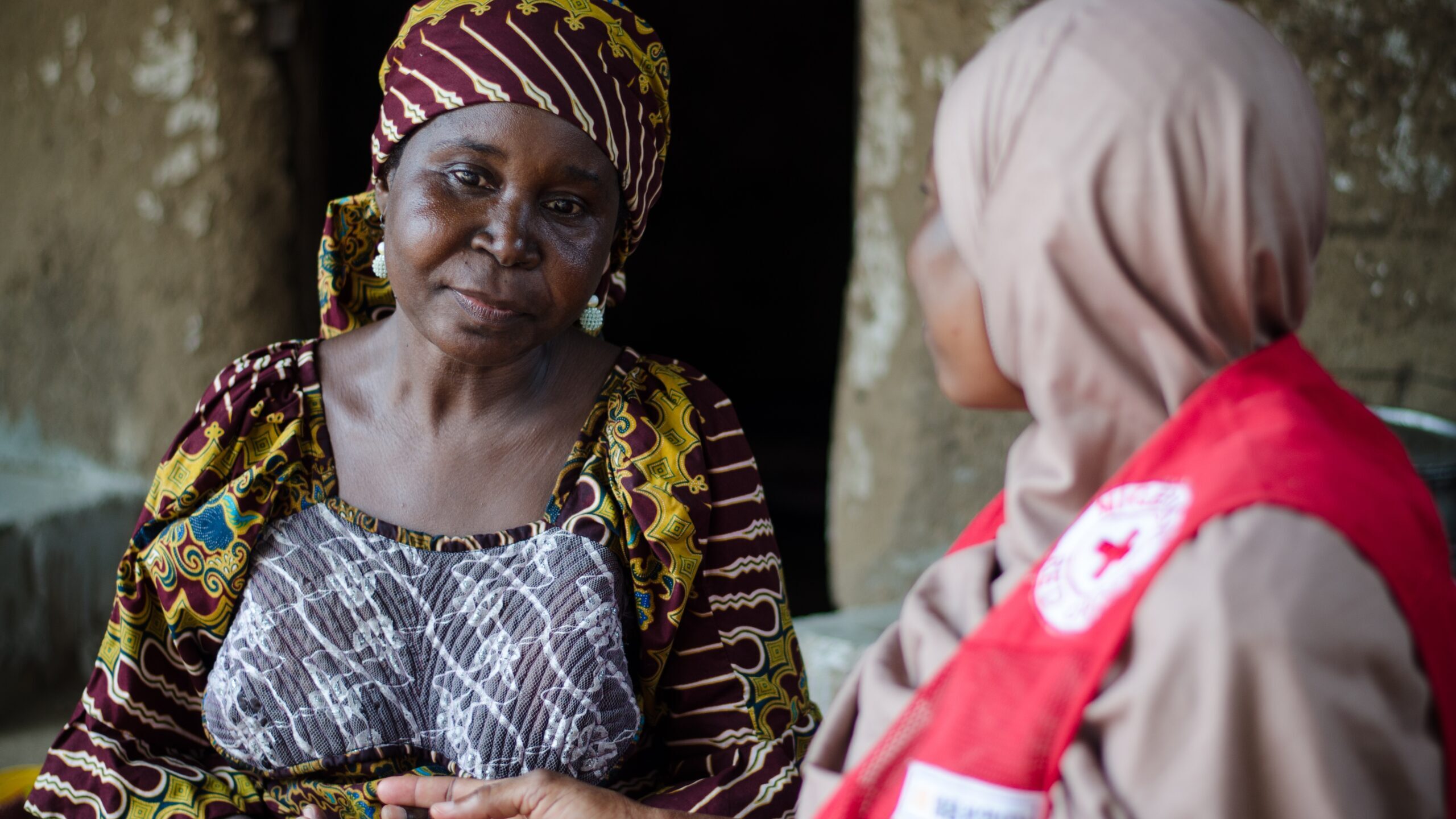
Translating knowledge to action
7
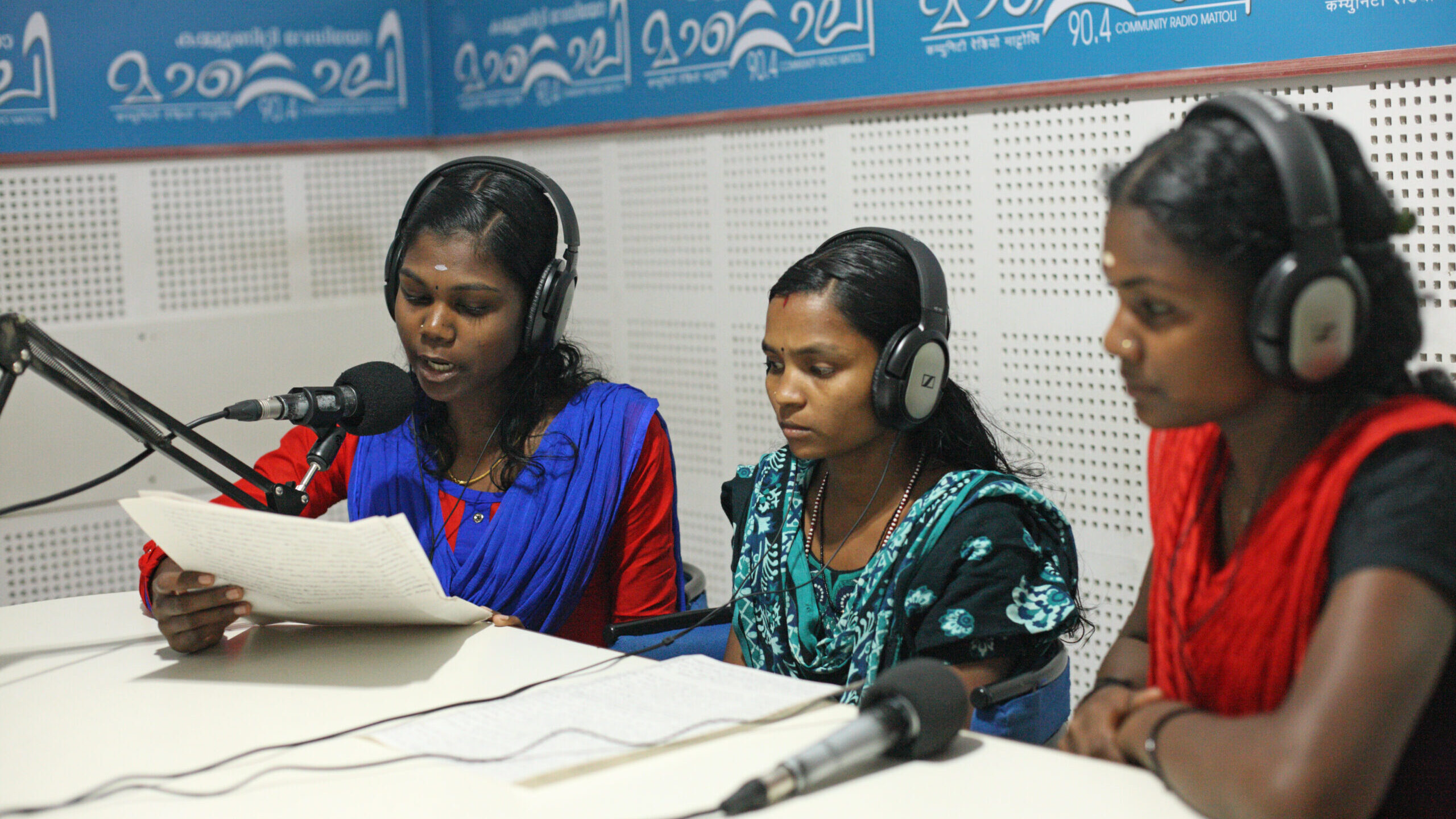
Tracking the uptake of socio-behavioural evidence
Contact
Maureen McKenna
Global Coordinator
The Collective Service
Acknowledgement
Development of this training package was led by Anthrologica for the Collective Service. The content was co-produced with partners from the Social Science in Humanitarian Action Platform (SSHAP), the Institute of Development Studies (IDS), Translators Without Borders (TWB), Médecins Sans Frontières (MSF), London School of Hygiene and Tropical Medicine (LSHTM), the International Federation of Red Cross and Red Crescent Societies (IFRC), the Rapid Research Evaluation and Appraisal Lab (RREAL) at University College London (UCL), UNICEF’s Social Science Analytics Cell (CASS), UNICEF’s Social Science for Community Engagement (SS4CE) team, the Centers for Disease Control (CDC), Oxfam and READY at Johns Hopkins University (JHU). Sincere thanks are also extended to the United Nations Volunteers (UNVs) who assisted with reviewing translated materials.

